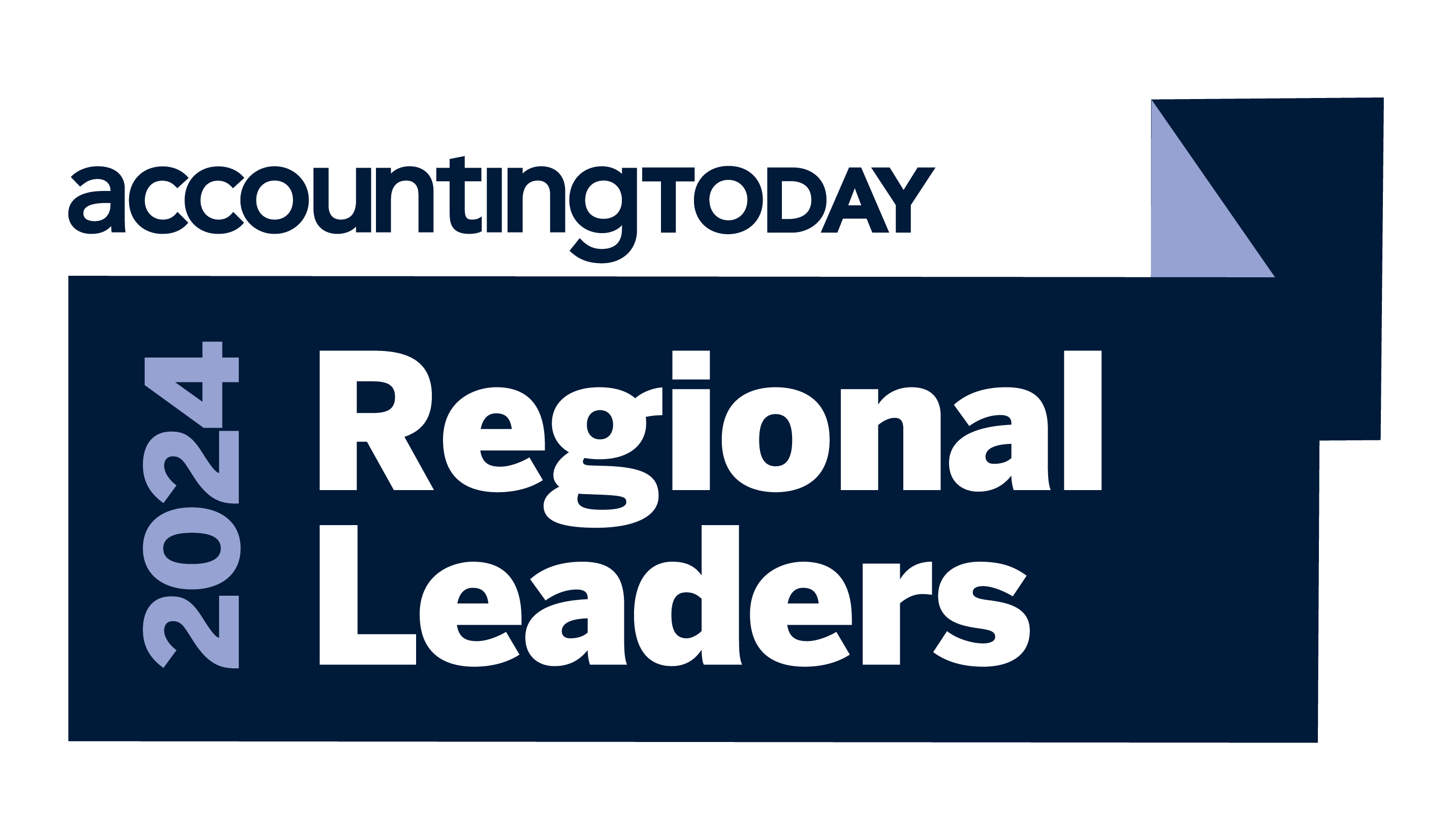Insights
We are proud to be named a West Coast Regional Leader for 2024


Tax Policy Now: Year-end tax planning and Paycheck Protection Program
Uncertainty continues to cloud deductibility of business expenses
AUDIOCAST |
Authored by RSM US LLP
Even as the IRS insists on disallowing Paycheck Protection Program borrowers from deducting business expenses funded by a forgiven loan, the prospect of legislative action to permit such deductions continues to create enough uncertainty that taxpayers should consider prioritizing flexibility as the pandemic rages on near the end of 2020.
“It’s a big deal for many taxpayers, as the tax impact really couldn’t come at a worse time,” said Ryan Corcoran, a senior manager and PPP specialist in RSM’s Washington National Tax practice.
Corcoran and Matt Talcoff, RSM’s national tax industry leader, joined RSM’s Tax Policy Now to discuss the latest PPP developments and how businesses and individuals can best position themselves, given the IRS’ adherence to precedent in seeking to prevent PPP borrowers from receiving a double tax benefit in the form of tax-free income and a deduction for business expenses.
Corcoran suggested that taxpayers could extend their returns to maximize their flexibility to wait for a potential fix. There are standalone bills in Congress that have bipartisan sponsorship and would ensure the IRS allows expense deductibility, which some policymakers have said was the intent of the original legislation in the CARES Act. Indeed, RSM has learned from discussions on Capitol Hill that there is a realistic chance deductibility will be permitted by either congressional or executive action.
“If you have a calendar-year tax return,” Corcoran said, “your due date for your business is either March 15 or April 15. You could extend that return out to September or October so that if Congress does fix the issue, you don’t have to go through all the administrative hassle of amending returns.”
Talcoff presented the possibility that the Small Business Administration might relax an eligibility requirement for businesses to use a streamlined application for PPP loan forgiveness. Currently, the loan threshold is $50,000.
“For businesses that have relatively small loans—let’s say $100,000 or less—maybe they want to wait and not go through that effort of pulling together everything they need now to submit the forgiveness application,” Talcoff said, noting businesses have 10 months from the end of their covered period to apply for forgiveness.”
Corcoran, at least, believes there’s a decent chance Congress will act to fix the expense deductibility issue within the PPP; he just isn’t sure of when.
“PPP, as part of the larger CARES Act, was really an example of Congress acting at its best,” he said. “There is a lot of support on both sides for PPP. There might be some bridges to cross still before PPP deductibility gets fixed, but, again, the optimistic side of me says this will be fixed for companies.”
To watch the whole discussion, which includes a segment on estate and gift planning, click the video above. For more information and resources about PPP loan forgiveness, visit RSM’s CARES Act Resource Center.
Let's Talk!
Call us at +1 213.873.1700, email us at solutions@vasquezcpa.com or fill out the form below and we'll contact you to discuss your specific situation.
This article was written by Dan Ginsburg, Mathew Talcoff, Ryan Corcoran and originally appeared on 2020-12-04.
2020 RSM US LLP. All rights reserved.
https://rsmus.com/what-we-do/services/tax/tax-policy-now-year-end-tax-planning-and-paycheck-protection-pro.html
The information contained herein is general in nature and based on authorities that are subject to change. RSM US LLP guarantees neither the accuracy nor completeness of any information and is not responsible for any errors or omissions, or for results obtained by others as a result of reliance upon such information. RSM US LLP assumes no obligation to inform the reader of any changes in tax laws or other factors that could affect information contained herein. This publication does not, and is not intended to, provide legal, tax or accounting advice, and readers should consult their tax advisors concerning the application of tax laws to their particular situations. This analysis is not tax advice and is not intended or written to be used, and cannot be used, for purposes of avoiding tax penalties that may be imposed on any taxpayer.
RSM US Alliance provides its members with access to resources of RSM US LLP. RSM US Alliance member firms are separate and independent businesses and legal entities that are responsible for their own acts and omissions, and each is separate and independent from RSM US LLP. RSM US LLP is the U.S. member firm of RSM International, a global network of independent audit, tax, and consulting firms. Members of RSM US Alliance have access to RSM International resources through RSM US LLP but are not member firms of RSM International. Visit rsmus.com/about us for more information regarding RSM US LLP and RSM International. The RSM logo is used under license by RSM US LLP. RSM US Alliance products and services are proprietary to RSM US LLP.

Vasquez & Company LLP is a proud member of the RSM US Alliance, a premier affiliation of independent accounting and consulting firms in the United States. RSM US Alliance provides our firm with access to resources of RSM US LLP, the leading provider of audit, tax and consulting services focused on the middle market. RSM US LLP is a licensed CPA firm and the U.S. member of RSM International, a global network of independent audit, tax and consulting firms with more than 43,000 people in over 120 countries.
Our membership in RSM US Alliance has elevated our capabilities in the marketplace, helping to differentiate our firm from the competition while allowing us to maintain our independence and entrepreneurial culture. We have access to a valuable peer network of like-sized firms as well as a broad range of tools, expertise and technical resources.
For more information on how Vasquez & Company LLP can assist you, please call +1 213.873.1700.
Subscribe to receive important updates from our Insights and Resources.